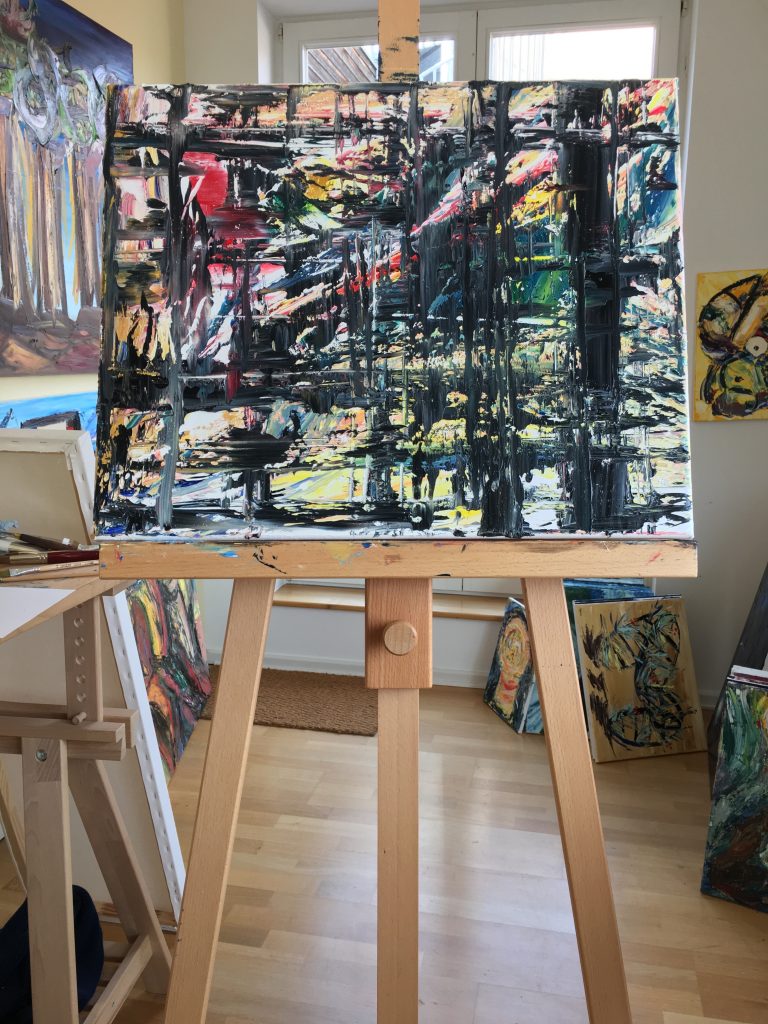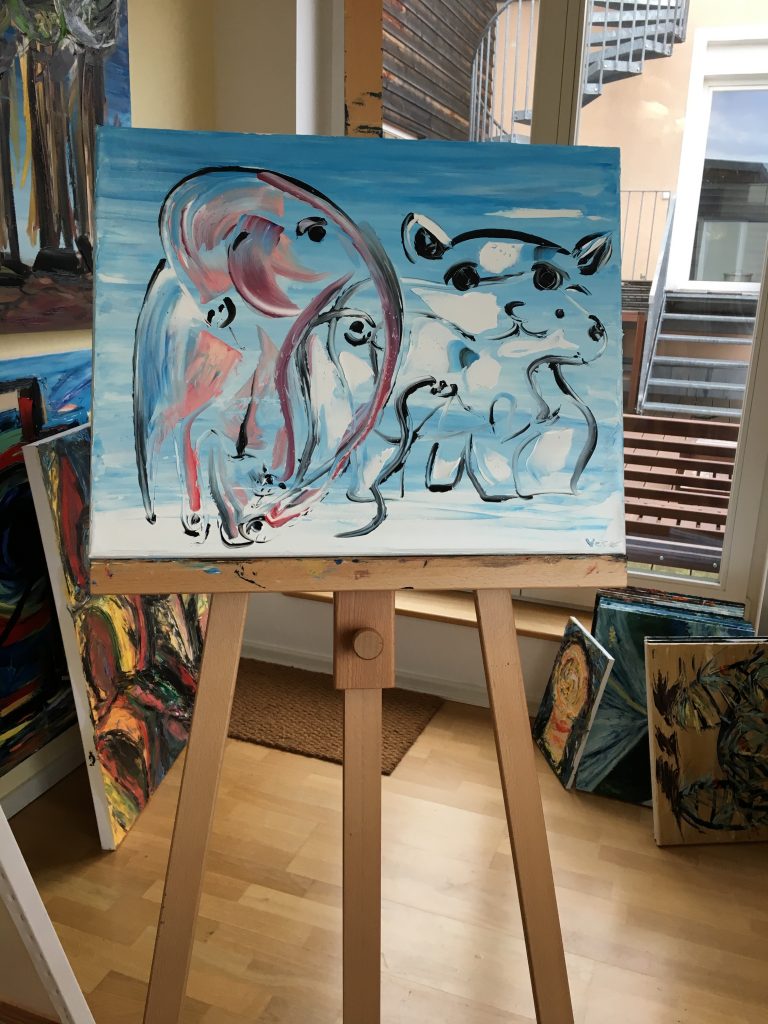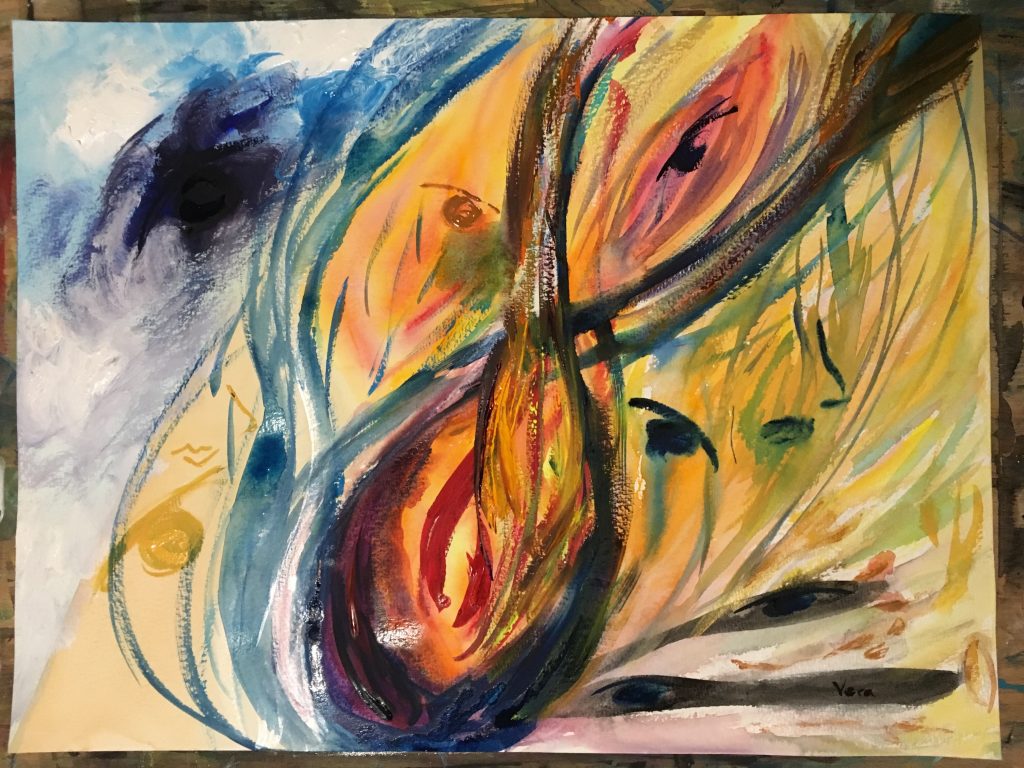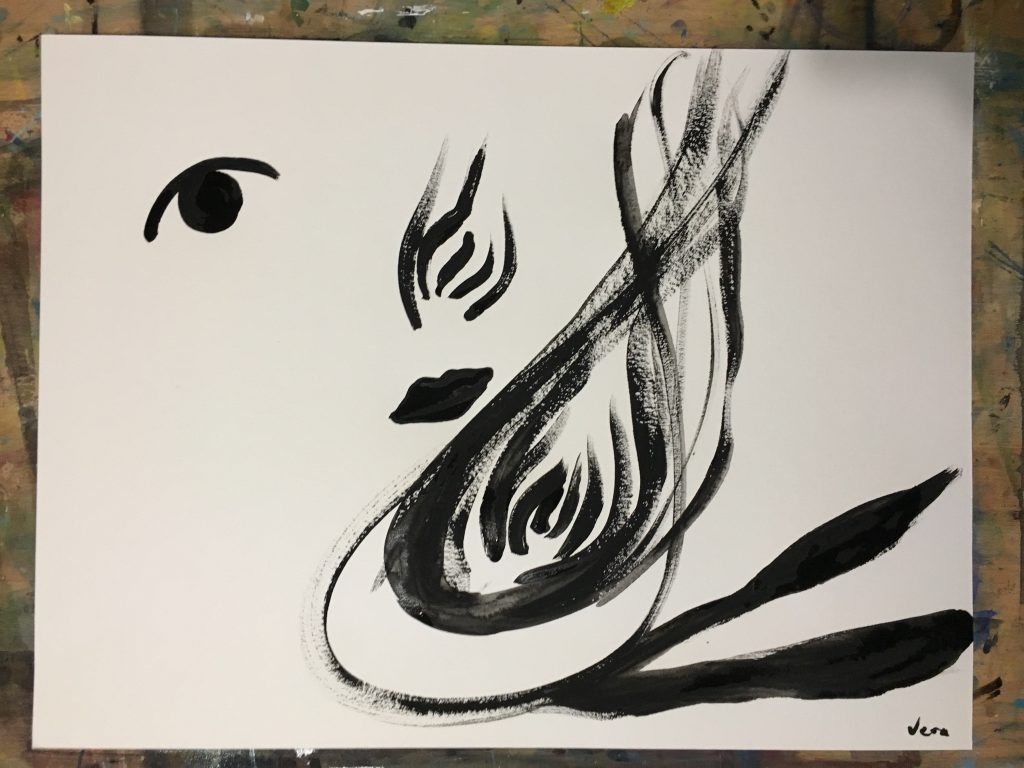This fall I blogged a Mary Oliver poem, “The Fire,” that is germane to #MeToo. I mentioned that I couldn’t get behind the moment despite being in it along with everyone else. That remains true for several reasons.
One of the reasons #MeToo concerns me is that we are living in a global surveillance state, “social media” companies are surveillance companies, and a lot of people, especially vulnerable young people, gave up a lot of intimate information thinking it was to “friends” when it was really to these state-allied corporations. Taboo-smashing: good. Kompromat: bad. No Institutional Review Board worth its paper would have ever approved research asking the things people routinely disclosed, under the terms and conditions that these companies tend to handle this data. Facebook especially knew this, had an ethical duty to inform users of relevant risks, and was silent. Their legal duties in this context are an open question. (As mentioned in a previous post, I recently deleted my Facebook account.)
The longer poem in this set is about a completely different reason #MeToo concerned me. Namely, that there is no win. There is no winning a sexual harassment complaint in academia or in most workplaces, where complaining usually results in retaliation. There is no win in criminal justice. There is no win in restorative justice. There is no win in any conception of justice I can conceive. So #MeToo directs limited attentional resources toward an area where there is no win, putting the #MeToo speaker in a victim role with no obvious, empowered exit. This role can have significant psychological, social, and professional costs. One could argue the speaker was already there; but only privately, not publicly, and that matters.
Of course it is brave to face one’s vulnerability for greater good. Of course we must deal with the past so we are less likely to repeat its mistakes and patterns. Of course we must talk about sex and power. But I think in addition to very real and political privacy concerns—as well as due process concerns others have covered—something that has been missing from this conversation is a recognition that humanity must live with (most of) its monsters. We are incapable of solving the problem of evil, without becoming what we hate. So we have to love, if we want to nurture what makes us human social and political animals instead. And that has been missing in the pain and anger of the outcry, as it usually is, for completely understandable reasons. But people who heal get past that—once they are in the black cognitively and emotionally. And I hope society will, too.
 “In the Black,” oils on 40 x 50 cm stretched canvas.
“In the Black,” oils on 40 x 50 cm stretched canvas.
“They Too”
1.
Not by pain
and not by pleasure
but by reliving
at your leisure.
So harsh at first,
and then more gently,
feel the thirst
to understand—
the agony,
to take no stand.
There is no win
in crying sin
to blue bishops with guns
who murder black sons.
They rarely believe you.
More rarely prove what’s true
for the value of proof
that for us too remains aloof.
Nor in asking a friend
to bring things to a talking end.
Monsters rarely apologize,
can’t look you in the eyes,
and are only men after all.
You might make them feel small.
If they were to apologize,
do you imagine the pain dies?
Words don’t undo deeds.
Pain creates needs.
From simple cruelty, complex misery.
But weren’t you always jittery?
No one wants to pay
for a pre-existing condition,
or has much to say
when he knows damn well
he didn’t have permission.
In a perfect world except for this,
where you are a rich princess
and he is a bum,
it would be dumb
to go after him for damages (savages).
So it is that only you have the gold
to fix your own cracks.
A powerlessness tax. Old.
Get out your kintsugi glue.
Forget him. Do you.
2.
All you can do
is reinvent the wheel,
puzzling out what you think,
how you feel,
until you know what’s true—
and then you know what you have to do.
You are not performing surgery on that scar.
You are only ripping your own skin ajar.
You don’t have to do it.
Scars don’t make you unfit
to live among others—
our scarred sisters, mothers, brothers.
They too are going to need someday
to simply put the past away,
and fail, and try again.
And fail better, worse, and better again.
There is no other way to live
and no point in dying young.
My love, that is the saddest mistake under the sun.
Wait awhile, whatever it takes.
Time does heal. Put on the breaks.
There is no better way to forgive
than accepting there is no win,
accepting the ones who sin
share this world and we can’t change that.
We too do wrong;
that is a different song.
We are not gods, nor should we wish
to wipe the earth of those who miss
some steps in how to live
among others
without always having their druthers.
It is no harder than that
although it is not easy.
Easier if you can love.
No one demands that, below or above.
3.
So wipe your face on the snotty matt,
leave your crossed and snarly old black cat,
don’t beat yourself up for looking back.
It happened and it happens.
We walk on when we can,
and choose to fight when we might win—
choose to take a different stand.
Last night I wrote more in my dream
that disappeared with morning light.
I see you. I hear you. Me too.
These defeats are bigger than they seem, I know.
It is because your body has this sacred gleam.
Its simple needs and joys can be most you
can be most used
can cause such fright
when so abused.
But the same might
can help you let it go.
There is no other way
to say no
than saying yes.
It is not said.
But you must find a place
where it feels right
to lift up your dress.
Run fast and far
until you can run no more
and at last rest,
quite accidentally,
on the right chest.
Stop hiding in shame
your beautiful hair, your face, your breast.
4.
It is not popular to say,
but they too need a way
forward to live.
It is not a gift
you must give.
Nor one you can withhold.
You don’t have to see him as a child
to feel part of the same wild.
Look at the crazed animal’s tired eyes.
Maybe being evil’s getting old.
There is no mending what was done.
We will wake under the same sun.
Look away. Breathe. Move on.
 “Don’t Think of a Pink Elephant,” oils on 40 x 50 cm stretched canvas.
“Don’t Think of a Pink Elephant,” oils on 40 x 50 cm stretched canvas.
“Start from Starving”
I want to start from starving—
clean, with no touch of man.
Foraging for oysters and berries,
rising with the light,
drinking lake water and night.
My skin and bones will shine
with no softness and no shame.
And you won’t ever touch me again.



